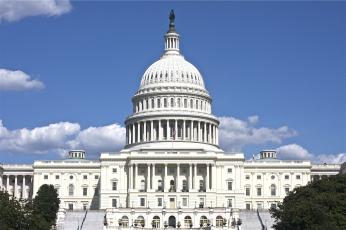AFPM: REFINER Act spotlights liquid fuels, downstream energy manufacturing as a national security asset
Washington, D.C. — American Fuel & Petrochemical Manufacturers (AFPM) President and CEO Chet Thompson issued the following statement today on the Researching Efficient Federal Improvements for Necessary Energy Refining (REFINER) Act (H.R. 3109), which is set for a vote in the House of Representatives.









